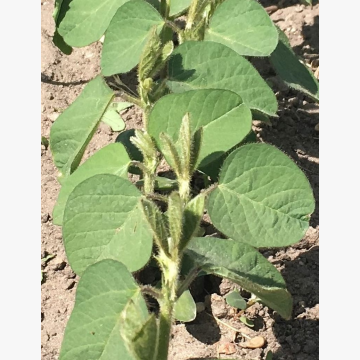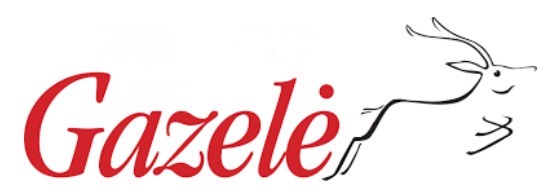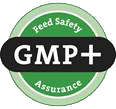FOR CONSULTATIONS APPLY TO:
Commercial director
Lina Smalskienė
tel. +370 618 02 551
e-mail linak@agrolitpa.lt
Sales manager
Tautvydas Kliučininkas
tel. +370 681 35 093
e-mail tautvydask@agrolitpa.lt
Sales manager
Eglė Petkevičienė
tel. +370 626 95 458
e-mail eglep@agrolitpa.lt
Sales manager
Kotryna Nakrošytė
tel.: +370 601 39 282
e-mail kotryna@agrolitpa.lt
Soya
Soya (Glycine max) is an annual forage, food and medicinal plant that can grow up to 160 centimetres (but is usually 30-80 cm tall) and belongs to the Fabaceae family.
Depending on the variety and the agroclimatic conditions of the area, soybean seeds contain protein (35-45 %), fat (17-27 %), carbohydrates (more than 25 %), vitamins and minerals. Soya protein contains all the amino acids, making it a protein equivalent to meat protein. Nutritionally it is equal to beef meet. Therefore, various food products (vegetable "meat", milk, cottage cheese, etc.) are made from soya.
Soya is a valuable feed for many types of farmed animals. About 1.27 feed units and 360 g of digestible proteins can be obtained from 1 kg of soya. The plants are suitable for grazing, silage, haylage and hay production.
Over 400 names of industrial products (plastics, glues, rubber substitutes, linoleum, synthetic fuel, anti-wet fabrics, varnishes, paints, soap, glycerin, insecticides, etc.) are produced from soya.
Soya come in different earliness groups, from TTP (earliest), 000, 00, 0, I and II (latest).
In the climatic conditions of Lithuania, it is recommended to grow only very early varieties of soya.
The varietal parameters may differ from those indicated here when the testing circumstances differ from quondam
Recommended sowing rate: 80-90 plants/m² or 90-100 kg/ha
Keravos sreet. 17, Kerava,
LT-38 131 Panevėžys district, LITHUANIA
Enterprise's code 168598128
VAT code LT685981219
Tel. +370 615 11 315
E. mail info@agrolitpa.lt




.JPG)

